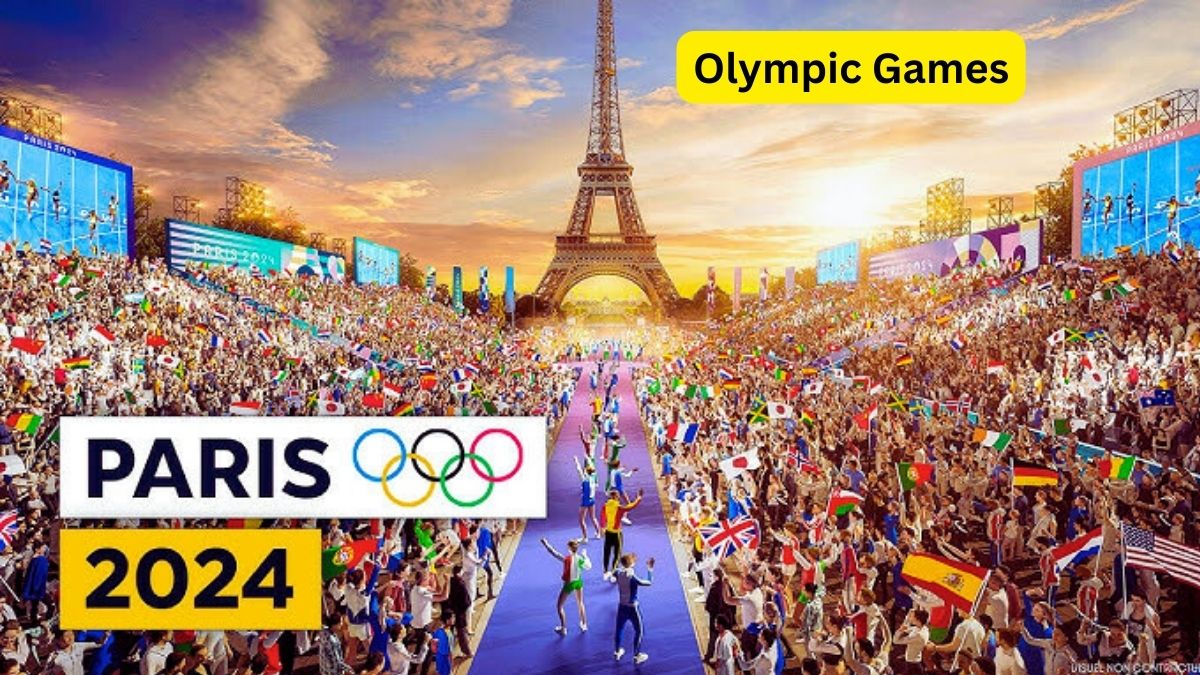Introduction to the Olympic Games
The Olympic Games represent the pinnacle of athletic achievement, showcasing the world’s finest athletes as they compete in a diverse array of sports. With a rich history dating back to ancient Greece, the Olympics have evolved into a global event that embodies the spirit of competition, unity, and excellence. This article delves into the history, significance, and modern-day impact of the Olympic Games, offering a detailed exploration of this unparalleled sporting spectacle.
The Historical Roots of the Olympic Games
The origins of the Olympic Games can be traced back to 776 BC in ancient Olympia, Greece. Initially held in honor of Zeus, the ancient Olympics were a series of athletic competitions among representatives of various Greek city-states. These early Games featured events such as running, wrestling, and chariot racing, and were integral to Greek culture and religion.
The Revival of the Olympic Games
The modern Olympic Games were revived in 1896 by Baron Pierre de Coubertin, inspired by the ancient Greek tradition. The inaugural modern Olympics took place in Athens, Greece, featuring 280 participants from 13 nations competing in 43 events. This revival marked the beginning of a new era for the Olympics, transforming it into a global phenomenon.
The Structure of the Olympic Games
Summer and Winter Olympics
The Olympic Games are divided into two main events: the Summer Olympics and the Winter Olympics. Held every four years, these events alternate biennially, ensuring that an Olympic competition takes place every two years. The Summer Olympics feature sports such as athletics, swimming, and gymnastics, while the Winter Olympics include sports like skiing, ice hockey, and figure skating.
Paralympic and Youth Olympic Games
In addition to the main Olympic events, the Paralympic Games and the Youth Olympic Games are also significant components of the Olympic movement. The Paralympics, held shortly after the Olympic Games, provide a platform for athletes with disabilities to compete at the highest level. The Youth Olympic Games, inaugurated in 2010, focus on athletes aged 15 to 18, promoting youth development and sportsmanship.
The Cultural and Social Impact of the Olympic Games
Promoting International Unity
One of the most profound impacts of the Olympic Games is their ability to foster international unity. Athletes from around the world come together to compete, transcending political, cultural, and social barriers. The Games serve as a reminder of the common bonds shared by humanity, promoting peace and understanding on a global scale.
Inspiring Future Generations
The Olympic Games inspire millions of people worldwide, particularly young athletes who dream of one day competing on the Olympic stage. The stories of perseverance, dedication, and triumph showcased during the Games motivate future generations to pursue excellence in their chosen sports.
Economic and Infrastructural Impact
Boosting Host Cities
Hosting the Olympic Games can bring significant economic benefits to the host city. The influx of tourists, athletes, and media personnel stimulates local businesses and generates revenue. Additionally, the development of infrastructure, such as sports facilities, transportation networks, and accommodation, can leave a lasting legacy for the host city.
Challenges and Controversies
Despite the benefits, hosting the Olympic Games also presents challenges. The financial burden of organizing the event, potential displacement of local communities, and environmental concerns are some of the issues that host cities must address. These challenges highlight the need for sustainable and inclusive planning for future Games.
Iconic Moments in Olympic History
Historic Achievements
The Olympic Games have witnessed numerous historic achievements that have left an indelible mark on sports history. Jesse Owens’ four gold medals at the 1936 Berlin Olympics, Nadia Comăneci’s perfect 10 in gymnastics at the 1976 Montreal Olympics, and Usain Bolt’s record-breaking sprints are just a few examples of moments that have captivated the world.
Political Statements
The Olympics have also been a platform for political statements. The 1968 Mexico City Olympics saw Tommie Smith and John Carlos raise their fists in a Black Power salute during the medal ceremony, bringing attention to civil rights issues. Such moments underscore the intersection of sports and politics, highlighting the broader societal impact of the Games.
The Future of the Olympic Games
Technological Advancements
As technology continues to advance, the Olympic Games are poised to embrace innovations that enhance the spectator experience and improve athletic performance. From augmented reality and virtual reality to advanced training techniques and equipment, technology will play a crucial role in the future of the Games.
Sustainability Initiatives
The International Olympic Committee (IOC) is committed to promoting sustainability in future Games. Initiatives such as reducing carbon footprints, utilizing renewable energy sources, and incorporating sustainable materials in construction are central to the IOC’s vision for a greener and more responsible Olympic movement.
Conclusion
The Olympic Games are more than just a sporting event; they are a celebration of human potential and the power of unity. From their ancient origins to the modern-day spectacle, the Olympics continue to captivate and inspire people worldwide. As we look to the future, the Games will undoubtedly evolve, embracing new technologies and sustainability practices, while remaining a beacon of excellence and global camaraderie.
